Digital marketing has revolutionized the way businesses communicate with their customers. With the rise of social media, businesses now have more ways than ever to reach their target audience. However, with so many channels available, managing all aspects of a digital marketing campaign can be overwhelming. That’s why having a comprehensive project management plan is essential for success. The Ultimate Guide to Project Management in Digital Marketing will provide you with the tools and strategies you need to create an effective project plan, from setting objectives to tracking progress. From creating an organized workflow to managing resources, this guide will walk you through the entire process. You will gain valuable insights into how to structure tasks, measure success, and ensure that projects are completed on time and on budget. Learn the best practices of project management and take your digital marketing efforts to the next level.
What is project management in digital marketing?
Project management is a set of skills used to effectively plan, manage, and complete work. Project management in digital marketing refers to the process of managing all aspects of an online marketing campaign, such as: the workflow, the resources, and the timeline. Effective project management is crucial for success, as it ensures that all tasks are completed on time and on budget. A digital marketing campaign could involve different teams and departments, such as content creation, graphic design, web development, SEO, paid search advertising, email marketing, and social media. Therefore, it’s important for teams to collaborate and communicate effectively to ensure that everything aligns. A project management plan can help you organize all of these tasks and responsibilities.
The importance of project management in digital marketing
When it comes to completing work, having a good plan is everything. A project management plan details the resources, tasks, and timeline required to complete a specific project. Without a plan, it can be difficult to stay on track and see the bigger picture. The key to success is to stay organized, follow the plan and manage your resources effectively. Project management is essential for digital marketing because it encompasses all aspects of the campaign. Whether you’re creating new content, managing your social media feeds, or improving your website’s SEO, a project management plan will help you stay organized.
Setting project objectives
Goals and objectives are important for any project, but they are especially crucial for digital marketing. First, you will need to decide on your objectives. What do you hope to achieve with your digital marketing campaign? What are the business goals? Once you have identified your objectives, you can begin to plan your campaign accordingly, making sure to incorporate all aspects of digital marketing. Once you have established your campaign objectives, you can determine the best way to achieve them. Next, you will need to prioritize your objectives and assign them to specific individuals and teams. Creating a project management plan will help assign tasks and responsibilities based on urgency and importance.
Creating an organized workflow
The workflow is a critical component of any project management plan. A workflow guides you through each step of the project, from creating content to publishing it online. Different digital marketing campaigns will have different workflows, but they will also follow a general pattern. You can create an effective workflow by mapping out the process of each campaign. The map will help you visualize each task and understand where each piece of the campaign sits within the larger picture. At the same time, it will allow you to see where one campaign overlaps with another, making it easier to communicate with team members.
Managing resources
Resources are the people, time, and equipment required to complete tasks and activities. There are many different aspects to a digital marketing campaign, such as social media, search engine optimization (SEO), email marketing, and paid search advertising. In order for a campaign to be successful, teams will need to collaborate and communicate effectively. Thus, it’s important to manage resources effectively and assign tasks based on both importance and urgency. For example, you will need to assign a member of your team to write a blog post; however, another member will be responsible for publishing it online.
Tracking progress
As you complete tasks and milestones, you will need to keep track of your progress. This will allow you to identify any potential issues or roadblocks and address them accordingly. You can track progress in a number of ways, such as using a project management tool, Excel spreadsheet, or online collaborative platform.
Best practices for project management in digital marketing
Your project management plan will be unique to your organization and each campaign. However, there are some best practices that are applicable to most situations. It’s important to have a clear understanding of what your team members are responsible for, as well as their expected timelines. Project management is a continuous process and will likely require adjustments along the way. As the campaign progresses, make sure to conduct regular reviews and provide feedback to team members.
Measuring success
A useful strategy for measuring success is to break down each campaign objective into SMART goals. These goals should be specific, measurable, attainable, realistic, and timely. For example, an SEO campaign may have the objective of increasing organic search traffic by 15%. That specific goal is measurable because you will know when you have reached it. It is attainable because it is a realistic expectation based on the resources at your disposal. Likewise, it is timely, as you will be able to track progress and make adjustments as needed.
Project management tools and software
There are a variety of project management tools and software available, designed to help you plan and manage your digital marketing efforts. The best tool for your organization will depend on your needs and the type of digital marketing campaigns you are managing. That said, there are a few features that are essential for any project management tool. It should be easy to use and allow you to organize tasks and manage workflow. You should be able to assign tasks, set due dates, track progress, and communicate with team members. The tool should also allow you to share your plan with team members, allowing them to add comments and make suggestions.
Conclusion
Project management plays an essential role in digital marketing campaigns. Whether you’re creating new content or managing your social media feeds, the process should be carefully planned out and followed accordingly. The key to success is to organize your team and manage their workflow effectively. That starts with setting objectives and creating an organized workflow, followed by managing resources and tracking progress. Finally, your plan should be reviewed regularly and adjusted as needed. Digital marketing is an ever-evolving field and your project management plan should reflect that.






